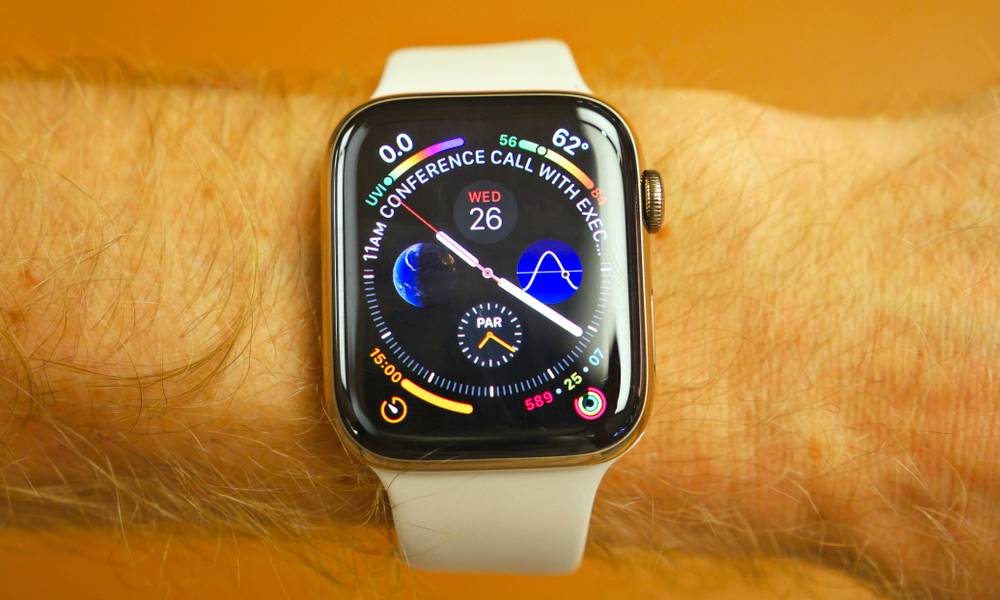Apple Watch Owners Can Earn $1,000 of Accidental Death Insurance for Free
 Credit: Pikchy / Shutterstock
Credit: Pikchy / Shutterstock
Toggle Dark Mode
Cardiogram has partnered with Greenhouse Life Insurance Company and Amica Life to provide Apple Watch owners with up to $1,000 of accidental death insurance at no cost. Cardiogram is a health app for Apple Watch designed to give users additional information on the heart rate readings taken by their wearable devices. Its aim is to turn wearables like the Apple Watch into personal healthcare assistants that continuously monitor users’ health to track sleep and fitness, and potentially prevent strokes.
“The Apple Watch’s heart rate sensor is transforming healthcare from reactive to preventive, creating the opportunity for life and health insurers to save dollars by saving lives,” said Brandon Ballinger, co-founder of Cardiogram.
The program was launched on Thursday, September 27 to users living in Arizona, Georgia, Wisconsin, and Indiana.
The company plans to expand availability to other states in the future. Users who opt-in to the program have the option of upgrading the plan to $100,000 and $500,000 for between $9 and $41 per month. The offer is available to all owners of Apple Watches, including Series 0, Series 1, Series 2, and Series 3.
“Ultimately, life insurers save dollars by saving lives,” said Ballinger. “This launch is a step toward using wearables to improve health. One of the first challenges we faced was to distill the complex world of life insurance into a simple set of screens that ordinary people can understand on their phones.”
Cardiogram’s offer is generous, but it isn’t the first company to integrate wearables and the data harvested from them into their business plans.
Major health insurers like John Hancock and Aetna, for instance, have also moved into “interactive life insurance” by offering discounted Apple Watches to customers.
Earlier this month, John Hancock also expanded Vitality, a “behavior change platform”, to all of its life policies. The platform incentivizes policyholders to exercise by providing discounts and gift cards to those that meet their fitness goals as demonstrated through their wearables.
UnitedHealthcare has a similar program called Motion, which lets users deduct $1,000 per year from their premiums if they meet their fitness goals.
The underlying idea is that by promoting healthier lifestyles, health insurers can prevent or reduce future costs like hospital payouts. Skeptics of such initiatives point to fears that, with little regulation of customer data, insurers will use technology to assess underwriting risks.
“Both tracker usage and data sharing are optional,” said John Hancock spokesman Christophe Hollocou to AppleInsider, in response to such fears. “For those who choose neither, they will not receive discounts or rewards and will pay the standard/original premium.”
Ballinger has also declared that data will not be shared in the Cardiogram program without user consent, and that the information will not be used to change rates or deny coverage.
Beyond the Apple Watch, Cardiogram’s offer is compatible with a wide range of wearables including Google’s WearOS platform (e.g. Huawei Watch, LG Watch Sport, LG Watch Urbane, Moto 360, New Balance RunIQ, and Polar M600), Garmin Forerunner, Fenix, and Vivoactive series.
Cardiogram is available for download now in the App Store here.






